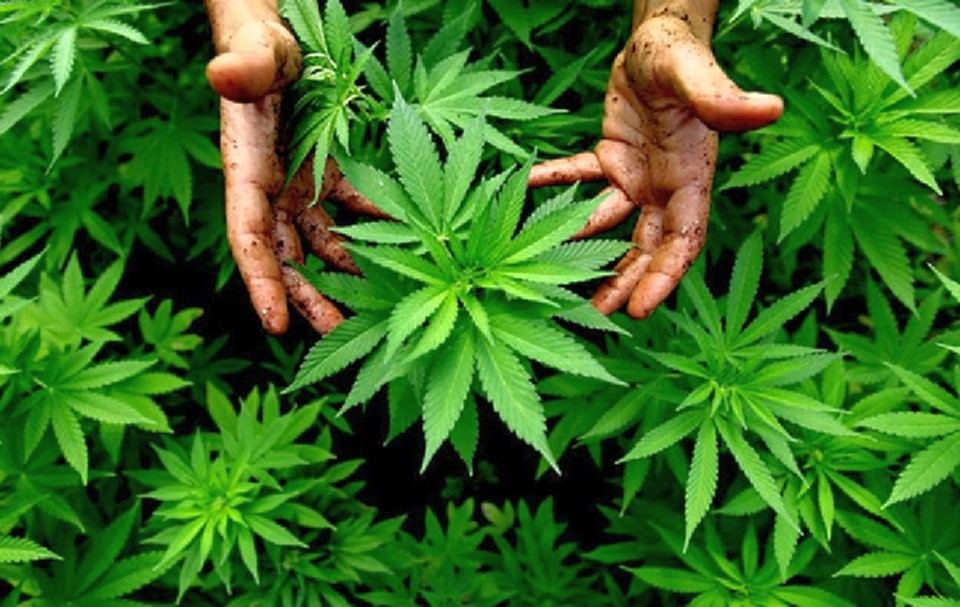
Prime Minister Srettha Thavisin now states that he expects an act recriminalizing cannabis to be operational by the end of 2024. Although this is not surprising – the current regulations are both vague and unenforceable – it will be a mammoth undertaking. There are around 6,000 so-called dispensaries in Thailand selling everything cannabis buds, oil extracts and weed-added cookies with assorted extras and paraphernalia. The industry might already be worth a breath-taking US$1 billion.
“Policing” the rules is currently the responsibility of the civilian Food and Drug Administration (FDA) which has far too few trained staff to have any impact on illicit cannabis use. The Narcotics Control Board has the separate task of regulating breaches of the 0.2 percent of THC (the hallucinatory element), but there is little evidence either of investigation or of cooperation with the FDA. As matters stand, the regular police have been very reluctant to become involved.
The new bill, according to the prime minister, will ban all leisure cannabis and restrict its sale for medical uses. Here is a can of worms all writhing to get out. A fee-charging doctor’s prescription will be necessary, but it is naïve to think there won’t be “flexible” health checks. Many medical conditions, for example sleeplessness or depression, are well-nigh impossible to prove definitively. Those suffering, or claiming to, might just want to enjoy smoking weed.
Many Thais currently enjoy household cultivation to sell the weed publicly or privately. Registration is required, but there are no rules on the number of plants or even the location. The law presently forbids cannabis extract over 0.2 percent of THC, but permits the sale of cannabis flowers as controlled medical herbs which often exceed the limit. Weed-growing companies and import/export agencies are not wholly Thai issues as many of them have foreign shareholders with nominee partners. Such complex subjects won’t be easily sorted out.
Prasitchai Nunual, secretary general of Thailand’s Cannabis Future Network points out that the economy will take a backward step if cannabis again becomes a narcotic. He suggests that the government’s thinking should also ban smoking cigarettes and drinking alcohol as there is very substantial evidence they are injurious to public health. A parliamentary bill can certainly criminalize once again leisure ganja. But it’s a sobering thought that prostitution was declared illegal in Thailand under the entertainment venue act of 1966. It still is.








